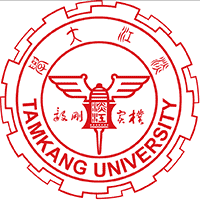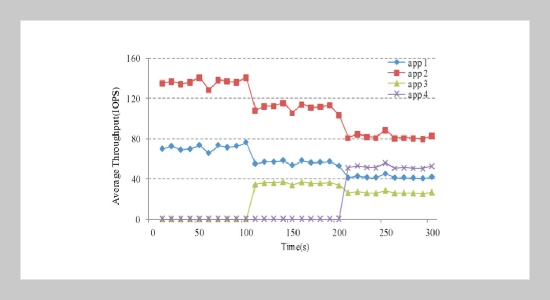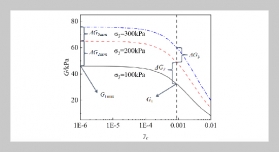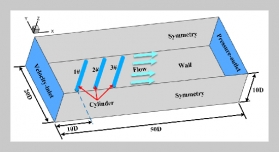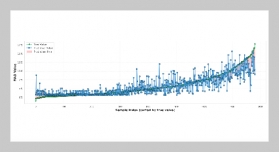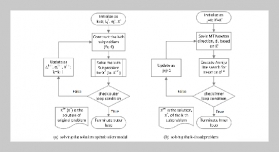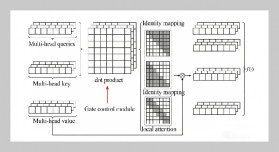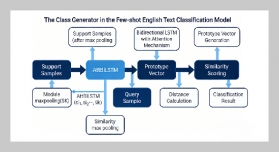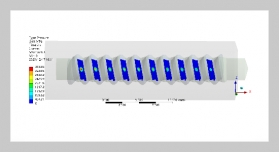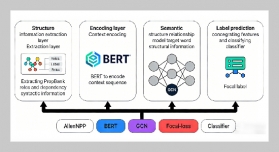REFERENCES
- [1] Lu, L., Varman, P. and Doshi, K., “Graduated QoS by Decomposing Bursts: Don’t Let the Tail Wag Your Server,” Proc. of the 29th Int. Conf. on Distributed Computing Systems, pp. 12�21 (2009). doi: 10.1109/ ICDCS.2009.55
- [2] Lumb, C. R., Merchant, A. and Alvarez, G. A., “Facade: Virtual Storage Devices with Performance Guarantees,” Proc. of the 2th USENIX Conf. on File and Storage Technologies, pp. 131�144 (2003).
- [3] Magnus, K., Christos, T. K. and Zhu, X., “Triage: Performance Differentiation for Storage Systems Using Adaptive Control,” ACM Transactions on Storage, Vol. 1, No. 4, pp. 457�480 (2005). doi: 10.1145/ 1111609.1111612
- [4] Ajay, G., Irfan, A. and Carl, A. W., “PARDA: Proportional Allocation of Resources for Distributed Storage Access,” Proc. of the 7th USENIX Conference on File and Storage Technologies, pp. 85�98 (2009).
- [5] Gulati, A., Merchant, A. and Varman, P. J., “mClock: Handling Throughput Variability for Hypervisor IO Scheduling,” Proc. of the 9th USENIX Symp. on Operating System Design and Implementation, pp. 437� 450 (2010).
- [6] Anna, P., Darren, S. and Scott, A. B., “Horizon: Efficient Deadline-Driven Disk I/O Management for Distributed Storage Systems,” Proc. of the 19th Int. Symp. on High Performance Distributed Computing, pp. 1�12 (2010). doi: 10.1145/1851476.1851478
- [7] Chambliss, D., Alvarez, G., Pandey, P., Jadav, D., Xu, J., Menon, R. and Lee, T., “Performance Virtulization for Large-Scale Storage Systems,” Proc. of the 22nd Symposium on Reliable Distributed Systems, pp. 109� 118 (2003). doi: 10.1109/RELDIS.2003.1238060
- [8] Zhang, J., Anand, S., Qian W., Alma, R. and Erik, R., “Storage Performance Virtualization via Throughput and Latency Control,” ACM Transactions on Storage, Vol. 2, No. 3, pp. 283�308 (2006). doi: 10.1145/ 1168910.1168913
- [9] Abrahams, A., Gulati, A. M. and Varman, P., “Towards Multi-Objective Scheduling in Shared Storage Systems,” The 2th Int. Workshop on Storage Network Architecture and Parallel I/Os (2005).
- [10] Arif, M., Mustafa, U. and Pradeep, P., “Maestro: Quality-of-Service in Large Disk Arrays,” The 8th Int. Conf. on Autonomic Computing, pp. 245�254 (2011). doi: 10.1145/1998582.1998638
- [11] Povzner, A., Kaldewey, T., Brandt, S., Golding, R., Wong, T. M. and Maltzahn, C., “Efficient Guaranteed Disk Request Scheduling with Fahrrad,” Proc. of EuroSys ’08, pp. 13�25 (2008). doi: 10.1145/ 1352592.1352595
- [12] Demers, A., Keshav, S. and Shenker, S., “Analysis and Simulation of a Fair Queuing Algorithm,” Journal of Internetworking Research and Experience, Vol. 1, No. 1, pp. 3�26 (1990). doi: 10.1145/75247.75248
- [13] Goyal, P., Vin, H. M. and Cheng, H., “Start-Time Fair Queuing: A Scheduling Algorithm for Integrated Services Packet Switching Networks,” Technical Report CS-TR-96-02, UT Austin, January (1996). doi: 10. 1109/90.649569
- [14] Wei, J., Jeffrey, S. C. and Jasleen, K., “Interposed Proportional Sharing for a Storage Service Utility,” Proc. of SIGMETRICS/Performance 2004, pp. 37�48 (2004). doi: 10.1145/1012888.1005694
- [15] Wang, Y. and Merchant, A., “Proportional-Share Scheduling for Distributed Storage Systems,” Proc. of the 5th USENIX Conf. on File and Storage Technologies, pp. 175�188 (2007).
- [16] Wachs, M., Abd-El-Malek, M., Thereska, E. and Ganger, G. R., “Argon: Performance Insulation for Shared Storage Servers,” Proc. of the 5th USENIX Conf. on File and Storage Technologies, pp. 61�76 (2007).
- [17] Gulati, A., Merchant, A. and Varman, P. J., “pClock: An Arrival Curve Based Approach for QoS Guarantees in shared Storage Systems,” Proc. 2007 Int. Conf. on Measurement and Modeling of Computer Systems, pp. 13�24 (2007). doi: 10.1145/1254882.1254885
- [18] Leana, G., Lui, J. C. S., Edmundo, S. S. and Gail, H. R., “Evaluation of Tradeoffs in Resource Management Techniques for Multimedia Stroage Severs,” IEEE Int. Conf. on Multimedia Computing and Systems, pp. 292�296 (1999). doi: 10.1109/MMCS.1999.778387
- [19] Reddy, A. L. N. and Wyllie, J., “Disk Scheduling in a Multimedia I/O System,” Proc. of the 1st ACM Int. Conf. on Multimedia, pp. 225�233 (1993). doi: 10. 1145/166266.166292
